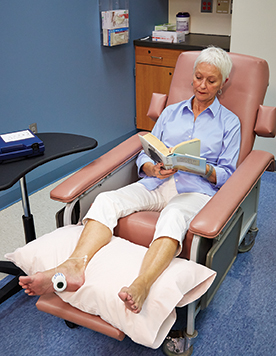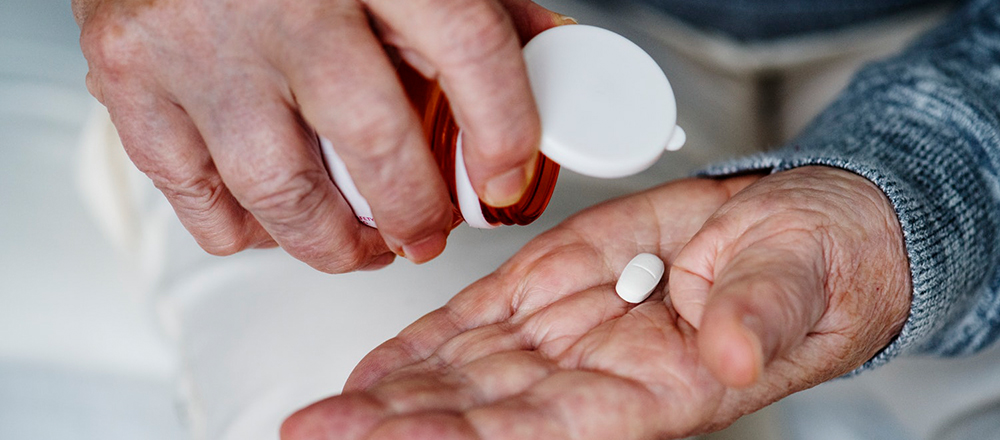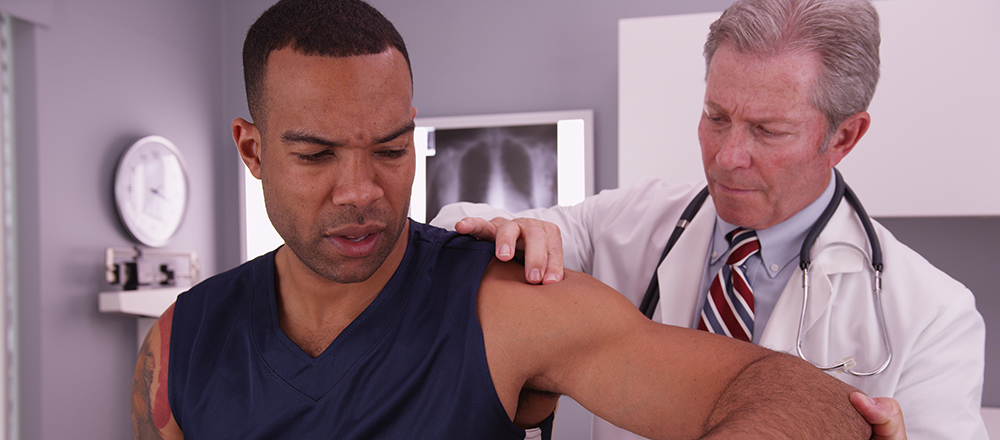Pelvic Floor Dysfunction: Get the Lowdown
September 4, 2018By: Amy Bennett
Categories: Gynecology, Your Wellness

When women experience pelvic floor disorders causing urinary or fecal incontinence, they often suffer in silence, hesitant to address the topic. They are not alone. The National Institutes of Health estimates one-third of women in the U.S. have pelvic floor disorders.
Today, more women are reaching out for help from physicians like Ian M. Rosbrugh, MD, the Northland’s only full-time exclusive urogynecologist. Dr. Rosbrugh is a gynecologist with board certification in female pelvic medicine and reconstructive surgery. In 2018, he established the Pelvic Health and Reconstructive Surgery Clinic at Meritas Health Pavilion for Women on the hospital campus.
“I have been treating women with pelvic floor dysfunctions for many years, and I wanted to solely focus on their needs,” Dr. Rosbrugh said. “These issues have a huge effect on their lives. Many don’t like talking about it, so they bare it in secret. There are things we can do to deal with their issues of incontinence and sexual function that can drastically change their quality of life.”
Tailored Care
Women are apprehensive to discuss their problems. “I often have new patients who have been dealing with their issues for quite some time. Many have said, ‘It’s been this way for 15 years, but I didn’t know I could do something,’” he said.
Women at risk for developing pelvic floor disorders include those who have had hernias, difficulty with childbirth, connective tissue disorders and pelvic surgeries. Pregnancy and labor intensive jobs that require lifting and straining also impact pelvic floor disorders.
Dr. Rosbrugh provides tailored care for a range of conditions, including bladder and pelvic pain, pelvic organ prolapse, overactive bladder, urinary incontinence, fecal incontinence and pain during sexual intercourse.
“Everything we’re dealing with significantly impacts sexual function,” Dr. Rosbrugh said. “Many women with prolapse have stopped having intercourse because they don’t feel attractive and don’t want to inadvertently hurt themselves.
If we can fix their prolapse, if we can fix their incontinence and if we can deal with their pelvic pain, generally they will see drastic differences in their sexual function.”
Treatment
 Dr. Rosbrugh uses medications, exercises and surgery to treat incontinence or sexual function issues.
Dr. Rosbrugh uses medications, exercises and surgery to treat incontinence or sexual function issues.
There are two outpatient treatment options available for patients experiencing overactive bladder symptoms or incontinence. They are percutaneous tibial nerve stimulation and sacral neuromodulation. The latter also benefits patients with fecal incontinence.
PTNS
“Patients undergoing PTNS have tried physical therapy and medications, but they are not getting any benefit,” Dr. Rosbrugh noted. A TENS unit stimulates the posterior tibial nerve on the patient’s right foot to treat an overactive bladder. This outpatient procedure allows the patient to relax in a recliner and read, while undergoing the sessions. After the initial set of sessions, patients have periodic sessions to maintain therapeutic benefit.
InterStim
InterStim® treatment is a two-stage procedure. First, the patient undergoes a trial period with a temporary device for four to five days to determine if the treatment is thwarting symptoms. The minimally invasive procedure lasts about 30 minutes. If symptoms improve after one week, Dr. Rosbrugh implants an InterStim, which delivers mild electrical impulses to the sacral nerve. The outpatient procedure is performed in about an hour.
Any woman interested in seeking help from Dr. Rosbrugh can call 816.452.3300 for an appointment.
Watch a presentation by Dr. Rosbrugh about pelvic floor disorders and incontinence.




